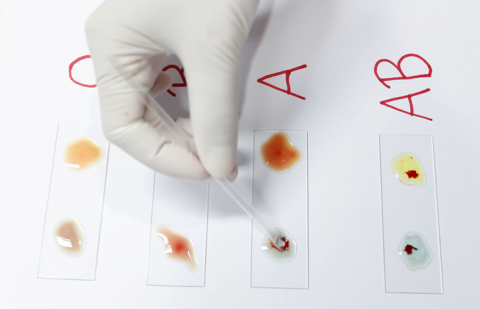Rheumatoid Factor (RF), Quantitative

Gender for
Male, Female
No special preparation

Sample Type
SERUM
Test Overview
The Rheumatoid Factor (RF), Quantitative Test is a diagnostic blood test used to detect the presence and measure the levels of rheumatoid factor, an antibody that is commonly associated with autoimmune conditions, particularly rheumatoid arthritis (RA). Elevated levels of RF in the blood may indicate RA or other autoimmune disorders, providing essential insights for early diagnosis and effective management. This RA factor test plays a key role in assessing autoimmune activity and is a critical tool in the diagnosis and monitoring of inflammatory diseases.

 NABL approved
NABL approved Labs
 Most Trusted by
Most Trusted by Doctors
 Accuracy &
Accuracy & timely reporting
 Widest Range
Widest Range of Tests
Test Details
Frequently asked questions
The RF Quantitative test measures the level of rheumatoid factor, an antibody often associated with rheumatoid arthritis and other autoimmune diseases.
This test helps in diagnosing rheumatoid arthritis, determining its severity, and distinguishing it from other forms of arthritis.
Normal RF levels are typically below 15 IU/mL, but ranges may vary based on the testing laboratory and individual health factors.
Anyone experiencing joint pain, stiffness, or symptoms related to autoimmune disorders should consider this test, especially if there’s a family history of such conditions.
No specific preparation is needed. However, informing your healthcare provider about any medications you take is advisable.
Yes, the RF Quantitative test can be easily booked online through Pathkind Labs for home collection or a lab appointment.
Results are typically available within 24-48 hours after the sample collection.
Elevated RF levels may indicate rheumatoid arthritis or other autoimmune conditions, but it’s important to consult a healthcare provider for proper interpretation and diagnosis.

















